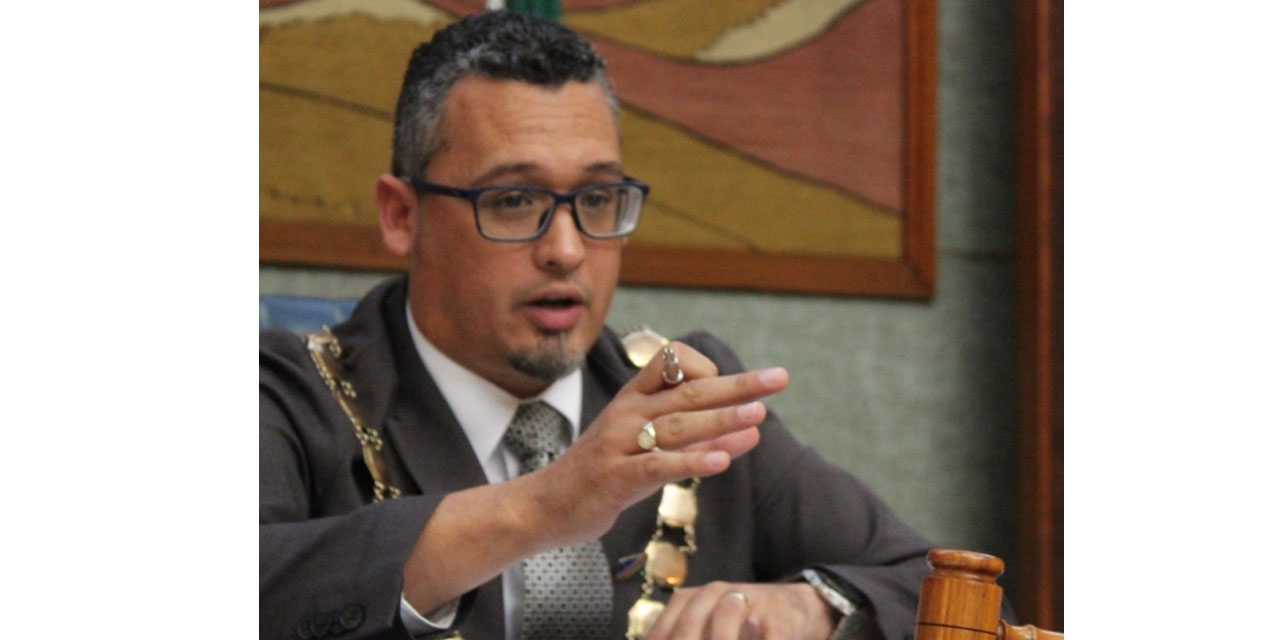Stefanus Nashama
The Vice President of the Independent Patriots for Change (IPC), Trevino Forbes, says there is a need for a drastic overhaul in the allocation of fishing quotas in the country.
Forbes made these remarks yesterday, calling on for an urgent law review of the allocation of fishing quotas.
He said that currently fishing factories are forced to purchase quotas at exorbitant prices from individual rights holders, making fishing unaffordable for locals.
Forbes added that the law regulating the quota allocation must be reviewed for the interest and benefit of all Namibians.
“It is time for reforms in our laws that regulate the allocation of fishing quotas,” he said.
He further said is important for the national government to step up and revise the fishing laws before the matter has become worse.
He claimed that the current law for fishing quotas seems to be a governmental objective that is only in the interest of the central circle.
Forbes further claimed that Namibians are being deprived of resources (fishing quotas) that rightfully belong to them.
Let us push an end to the governmental objectives that serve only one party and its elite, he said, adding that the issue of allocation of fishing quotas is tied to unemployment in the country, especially among the youth, and this should be addressed as soon as possible. According to the criteria for granting rights and allocation of fishing quotas, as documented by the Ministry of Fisheries and Marine Resources, fishing quotas are allocated following the matters set out in Section 14(6)(a) to (d) of the Sea Fisheries Act, and in Regulation 2(2) of the Sea Fisheries Regulations of the policy statement of 1993.
The Sea Fisheries Act determines that a person who wishes to use marine resources on a commercial basis should be granted rights to fish the specific species he or she is targeting.
The action of the utilization of fishing quotas is granted by the Minister of the Fisheries and Marine Resouces under Section 16 (6) of the Sea Fisheries Act.
Some of the matters set out in the above Section include, whether or not the applicant of fishing quotas is a Namibian citizen; where the applicant is a company, the beneficial control of the company is vested in the Namibian citizens; the ability of the applicant to the rights of exploitation in a satisfactory manner; and the beneficial ownership of any vessel to be used by the applicant, amongst others.
The document further revealed that the allocation of fishing quotas should include the advancement of persons who have been socially, economically, and educationally disadvantaged by previous discriminatory laws before the independence of the country.
The allocation should also include regional development within the country. These are some of the provisions in the Sea Fisheries Act that also regulate the allocation of fishing quotas. Efforts to get comments from the Ministry of Marine Resources regarding Forbes’ appeals could not succeed.




